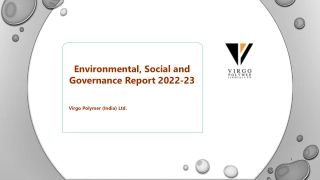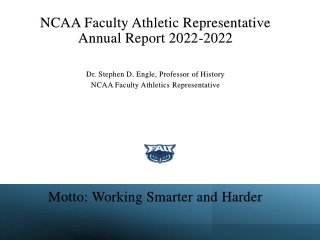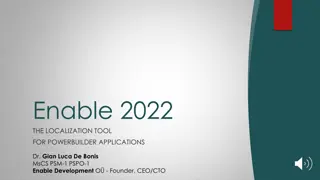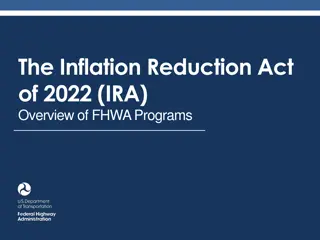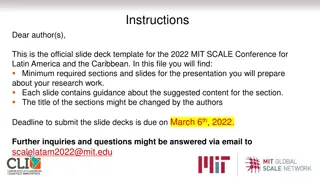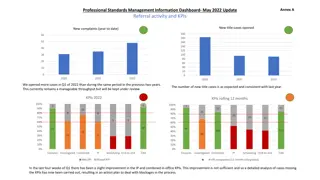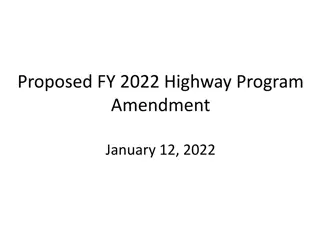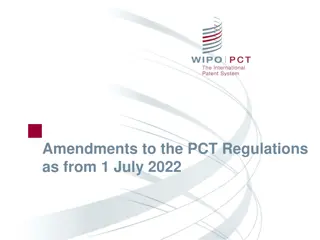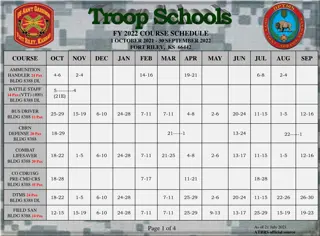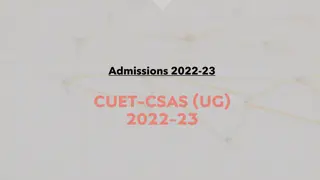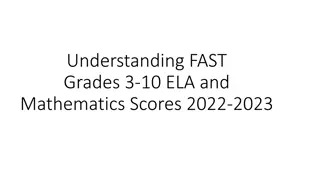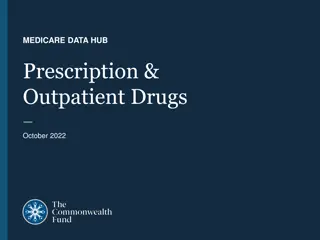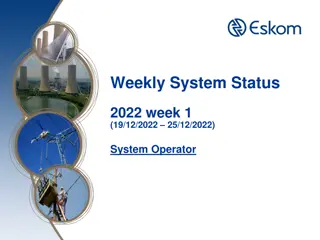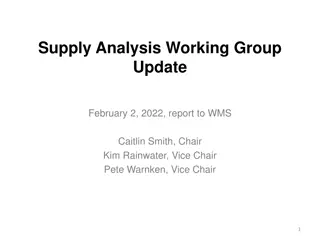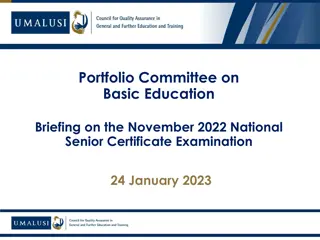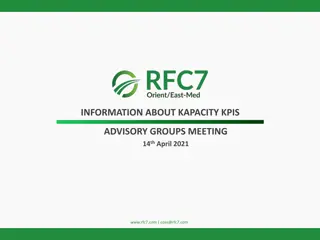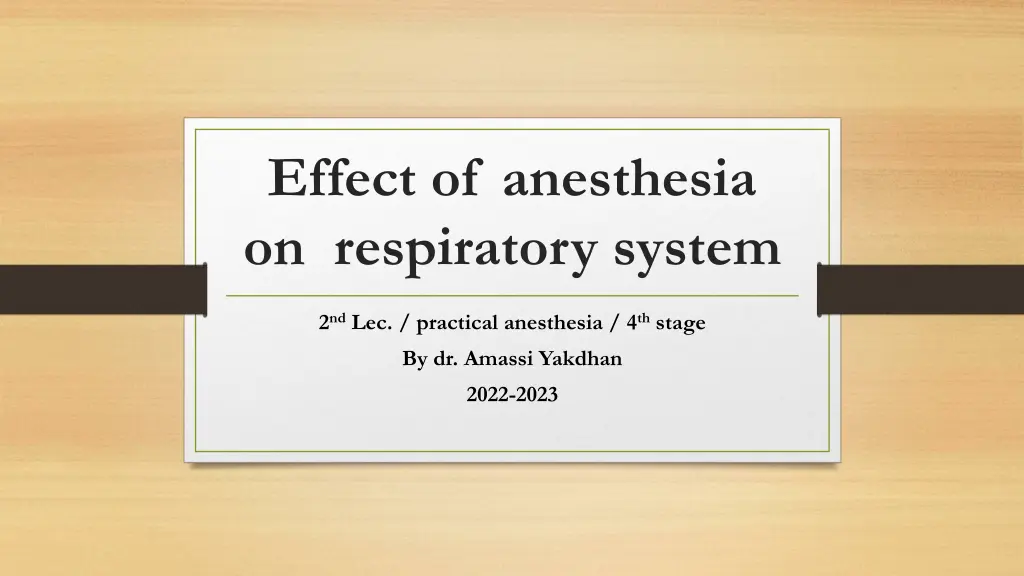
Effects of Anesthesia on the Respiratory System
Explore the impact of general anesthesia on the respiratory system, including mechanical changes during gas exchange and the effects on ventilation and gas exchange. Learn about the alterations in the respiratory system that occur during general anesthesia and methods to reduce these effects.
Download Presentation

Please find below an Image/Link to download the presentation.
The content on the website is provided AS IS for your information and personal use only. It may not be sold, licensed, or shared on other websites without obtaining consent from the author. If you encounter any issues during the download, it is possible that the publisher has removed the file from their server.
You are allowed to download the files provided on this website for personal or commercial use, subject to the condition that they are used lawfully. All files are the property of their respective owners.
The content on the website is provided AS IS for your information and personal use only. It may not be sold, licensed, or shared on other websites without obtaining consent from the author.
E N D
Presentation Transcript
Effect of anesthesia on respiratory system 2ndLec. / practical anesthesia / 4thstage By dr. Amassi Yakdhan 2022-2023
Mechanical Respiratory system changes during GA Ventilation by gas exchange Ventilation is passage of air in & out respiratory system Gas exchange is O2 in to blood stream & Co2 out Any obstruction in air way passage cause effect on ventilation GA without NMR loss of upper airway reflexes , toungue go back & make upper air way obstruction , loss of secretion management.
Mechanical Respiratory system changes Loss of cough reflex make secretion & gastric content to pass to treachea Irritation of vocal cords cause laryngospasm Passing to bronchi causing bronchospasm & infection All these sequaly cause hypoventilation hypoxia & hypercapnia
Effect of GA on ventilation All anesthetic drugs cause hypoventilation ketamine & N2O Hypoventilation : yb R.R propofol Hypoventilation ,hypertension ,minute ventilation , except Volitale or both RR& Tv opioid or Tv Paco2 Vasodilatation ,tachycardia ,arrythmia
Effect of anesthesia on gas exchange FRC FRC = ERV Rv ERV = volume of gas that expired forcefuly after normal expiration Rv = Volume of gas that remain in lung after maximum expiration = hypoxia at GA
In general anesthesia FRC affected by during GA Muscle paralysis Reduce lung & chest wall compliance Diaphragm shifting in supine position Atelactasis of terminal airways P (A_ a ) O2 FRC lung compliance physiological dead space airway resistans A_ a gap ( aterio aleviolar )
How to reduce this effects Positioning pre induction & post extubation at 45 degree to Pre oxygenation pre & post operatively Anti Cholinegic to reduce salivary glands secretion PEEP positive end expiratory pressure to prevent hypoxia Enhacement of V/Q by fluids & vassopressor Capnography & pulse oximetery FRC
Common tricks Ketamine maintain muscle tone so not affect FRC Atelactasis : prevent by PEEP , CPAP , Physiotherapy , positioning CO2 drive : & propofol ,no effect ketamine PaCo 2 ventilatory drive minut ventilation Ventilatory drive done by change in rate & pattren of RR Anasthetic drugs & inhalational supress this response ( ventilatory drive ) . in GA with pentothal by Mv , by

